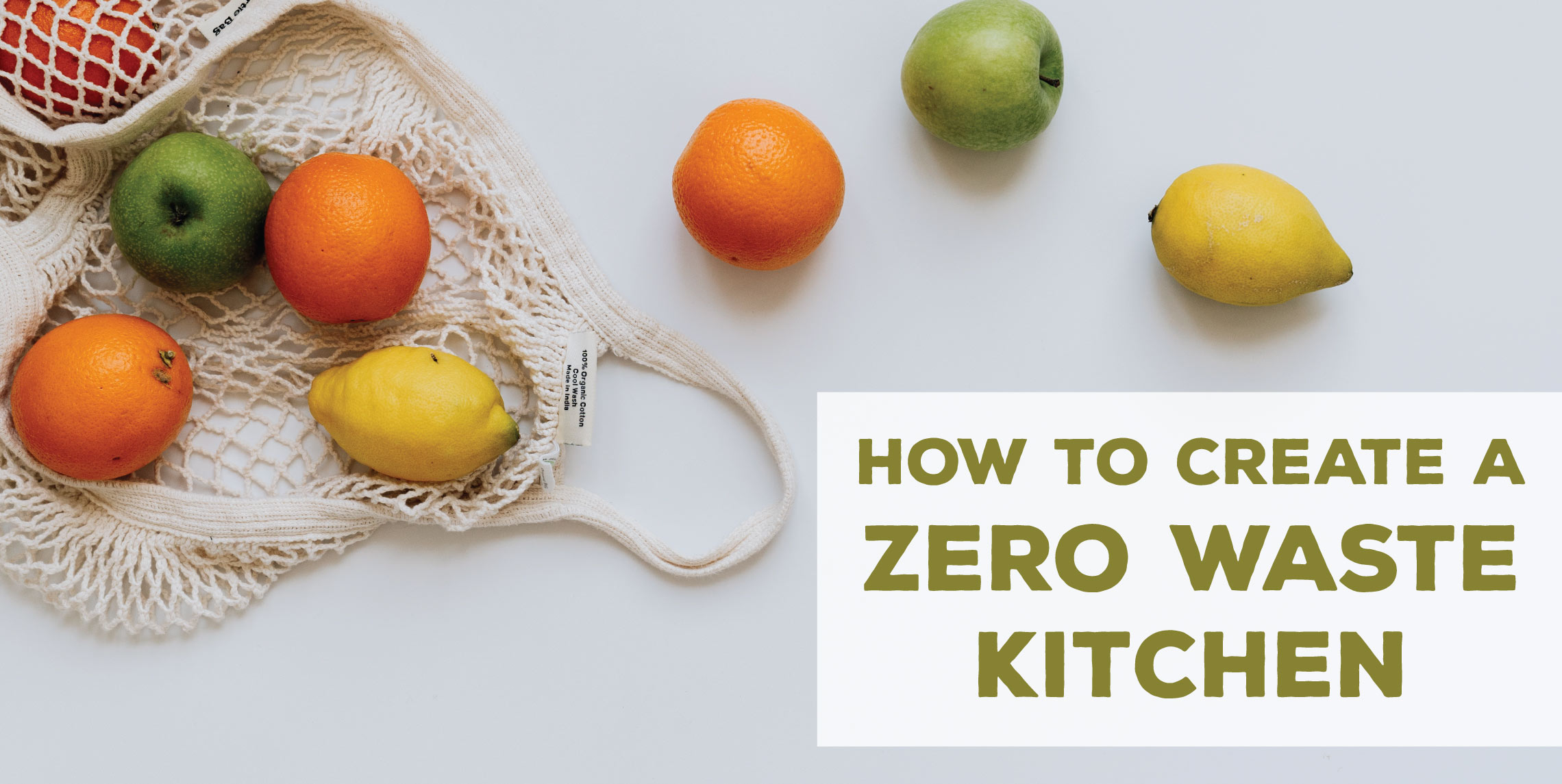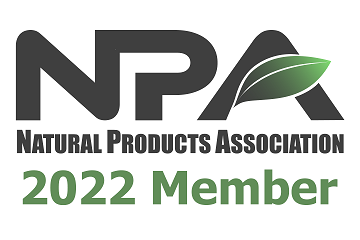
Of all the things we create in our kitchens, garbage shouldn’t top the list. You can cut down your culinary footprint by going “zero waste”, or as close to it as possible.
What is a zero waste kitchen? Zero waste means you send nothing to the landfill. A laudable goal, but it’s a tough one to accomplish.
Where to begin? Start by using the tips we’ve assembled here, keeping in mind that even small steps will make a difference.
Buy in Bulk
This kind of bulk buying doesn’t mean a trip to the nearest big-box warehouse store. It does mean buying food from the bulk section of your local, natural market! We are always re-filling our bulk bins to bring you the freshest selection of bulk items available. Bring your own jars and containers to help cut down on packaging waste. Not only will you end up buying the exact amount you need, but you'll save your self a step when you return to your kitchen and already have your ingredients where they belong.
You can often save money by buying dried goods like nuts, spices, coffee, grains, granola and even on baking staples like flour and sugar!
Our cashiers will weigh your jars before you fill them up so the containers weight can be subtracted from your total. Don't forget to note the item number too!
Zero Waste Storage
Give old containers a new job in your kitchen by using them for food storage. Trade your plastic tubs for glass jars or metal tins. Switch from plastic wrap to glass bowls with lids or beeswax food wraps. Instead of plastic produce and Ziplock-style bags, use cloth bags.
Pro Tip: Sew together two dish towels to create a produce bag.
While it might be tempting to run out and buy a pantry’s worth of matching glass jars, you likely have options you can use already. You also don’t have to trash the Tupperware: Use it until it’s worn out, then see if you can recycle it.
Compost/Creative Food Scrapping
If you haven’t jumped on the composting bandwagon already, it’s time. According to the Environmental Protection Agency, nearly 22% of all municipal solid waste (aka garbage) is food.
You can put a lot of that waste to a productive second use as compost. Today’s leftover scraps become tomorrow’s garden fertilizer. That means you can add lawn care to your planet protection program.
You also can get creative with your food scraps. For example, use vegetable scraps, chicken or turkey carcasses, or animal bones to make broth. Soak citrus peels in vinegar for a DIY cleaning spray. You can mince the peels to use in tea or sprinkle them around your garden as a natural pest repellent.
Sustainable Drinking
Skip the bottled water and fill reusable bottles straight from the tap. You’ll save money and keep single-use plastics out of the landfill. MaMa Jean's also offers reverse osmosis at our 228 W. Sunshine store and antioxidant rich, kangen water at our 1110 E. Republic Rd. and 3530 E. Sunshine locations.
Addicted to coffee? Pitch the pods and buy your coffee beans in bulk or choose local whenever possible. When your expensive machine goes kaput, replace it with a glass French press or steel stovetop coffee maker. Your tastebuds and the environment will thank you.
Take your coffee-to-go in a reusable cup, and toss used coffee grounds on the compost heap.
Prefer tea or kombucha? The same principles apply: Buy tea leaves in bulk, use a metal tea strainer instead of tea bags, swap the electric kettle for a stainless steel one, and put used leaves in the compost bin. We have kombucha available on tap at all our deli locations in refillable glass containers. If you make your own kombucha you can toss your old scobies into your garden compost for more nutrients!
Zero Waste Cleaning
Reduce and reuse is a great strategy when it comes to cleaning. For example, reuse old T-shirts, towels, or sheets as kitchen rags instead of paper towels. Instead of plastic sponges wrapped in more plastic, replace them with cellulose or loofah sponges.
If you need a new cleaning brush, choose ones with bamboo handles and natural bristles. You also can make your own cleaners. Vinegar or vodka mixed with water works like a charm on surfaces. Baking soda scrubs, shines, and removes odors. We are happy to have dish soap available in bulk and many natural brands to choose from.
Go from 60 to Zero with Your Kitchen Waste
Taking your kitchen from a wasteland to zero waste takes time and dedication. Even if you don’t get all the way there, you’ll significantly reduce the stream of trash coming out of your kitchen.
Miranda Culvert has been gardening and composting since she was 3 years old, thanks to her parents who owned a produce stand. She has passed her love of organic gardening on to her three children, one of whom has a booth at the local farmers market.

